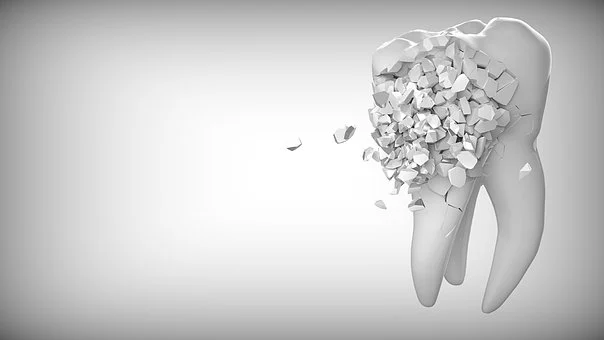Could you imagine spending your usual day without brushing your teeth? What if there was no toothbrush or toothpaste on this planet today’s date?
Sounds incredibly impossible. Isn’t it?
Here are some interesting stats to note: “Revenue in the Oral Care segment in India amounts to US$1.82bn in 2023. The market is expected to grow annually by 3.50% (CAGR 2023-2027)” as per the scores by Statista.
What Does Annual Growth Mean?
It means that the demand in the research and development field in the oral care segment is increasing more than ever before. The hunt of industries for relevant and qualified personnel is on the high. This implies a great job opportunity for aspirants in the R &D field.
Well, oral care is just one pebble in the sea of sand of scope in the oral healthcare research industry.
The dental field is constantly evolving and expanding, providing many opportunities for dental professionals to pursue a career in research. Research in the dental field is focused on finding new ways to diagnose, prevent, and treat oral diseases. It also includes improving patient care, developing new materials and technology, and understanding the basic science of oral health.

If you’re a dental professional interested in pursuing a career in research, here are a few things you should consider:
Identify your area of interest
The first step in choosing a research career is identifying your area of interest. Whether it’s biochemistry, genetics, epidemiology, or molecular or clinical research, it’s important to find an area that aligns with your passion and expertise.
Understand the different types of research
Research can be divided into basic, translational, and clinical research. Basic research focuses on understanding the underlying mechanisms of a disease or condition. Translational research takes the findings from basic research and applies them to the development of new treatments. Clinical research involves the testing of new treatments in human subjects.
Check out different programs and courses
A career in research usually requires a graduate degree, such as a Master’s or PhD. Make sure to research the different programs available, and consider factors such as location, length of the program, and cost.
Network
Building relationships with researchers and professionals in your field can be incredibly valuable. Attend conferences and professional events, and reach out to people working in your area of interest.
Develop research skills
To be successful in research, you’ll need to have strong analytical skills, be able to think critically, and be able to effectively communicate your findings.
Get experience
Many graduate programs require some form of research experience. Consider volunteering for research projects or interning with a researcher to gain experience and build your skills.
Be prepared for the Job Market
both in academia and industry. Research industry is a competitive field and having a clear idea on the available job opportunities, their requirements and the current market trends can be very beneficial.
In conclusion, a career in the research industry after dentistry can be a rewarding and exciting option for dental professionals. By identifying your area of interest, understanding the different types of research, getting the necessary education and training, networking, developing research skills, getting experience, and being prepared for the job market, you can take the first steps towards a career in the research industry.



